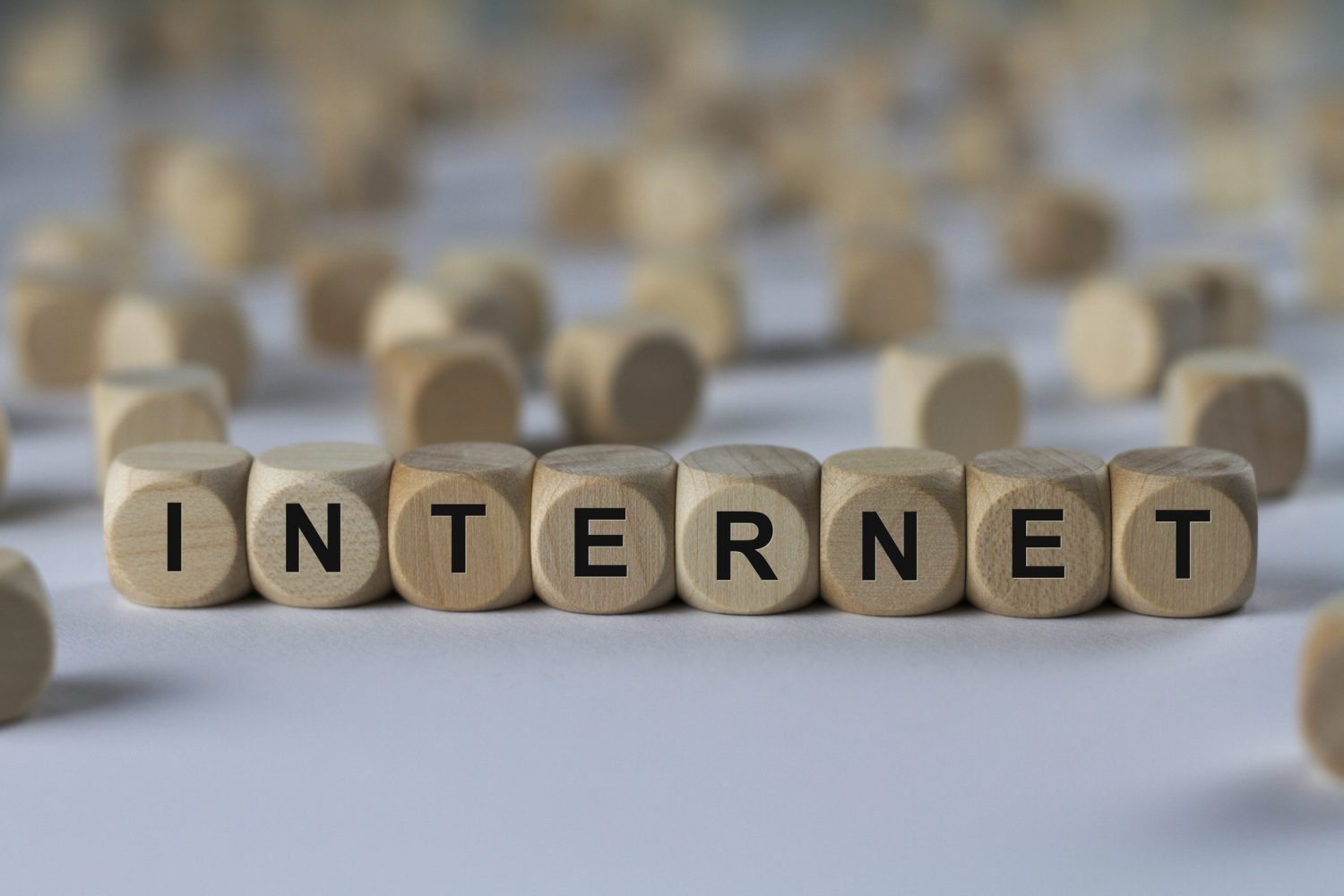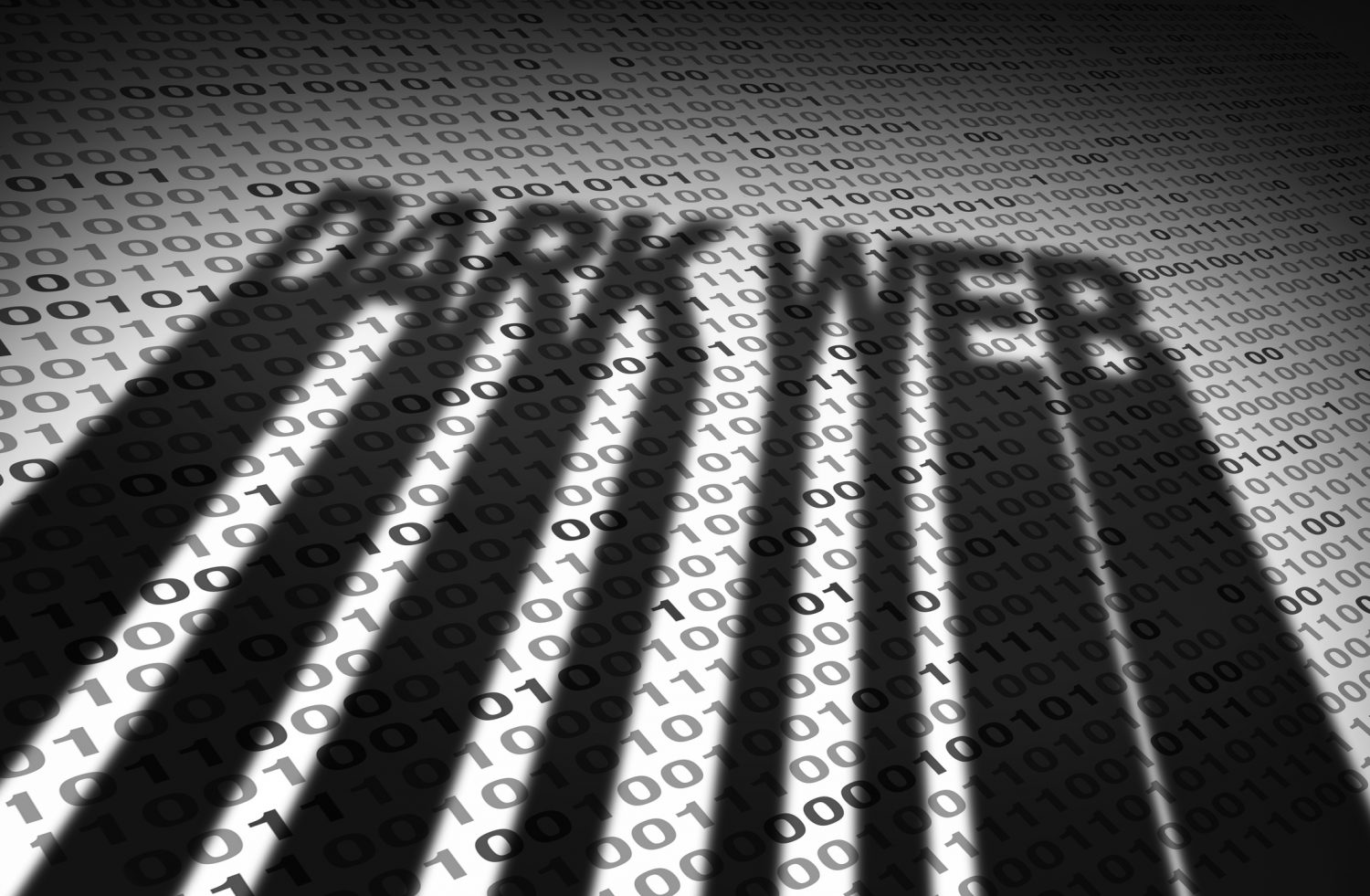July 31, 2018 by Siobhan Climer
The internet.
You probably use it every day. You might even have used it to find this article. But do you really understand what it is and how deep it goes?
Definitions:
Internetwork – A system of interconnected networks, abbreviated as “internet”. The most well-known internetwork is “the Internet”, which is a global computer internetwork that uses standardized communication protocols.
World Wide Web – The World Wide Web, which prefaces most websites in the form of ‘www’, is an information system that connects documents using hypertext links on the Internet.
Surface Web – Indexed and publicly visible websites accessible by the most common search engines, such as Google, that comprise approximately 4% of all online content.
Deep Web – Content that is not directly accessible by common search engines. This might mean content that is intentionally hidden or requires login credentials for access. Databases and unlinked websites are examples of deep web content.
Darknet – A network built on top of the Internet designed specifically for anonymity. Users of darknets require special browsers and tools that give them access.
Dark Web – These are the websites found on a darknet.
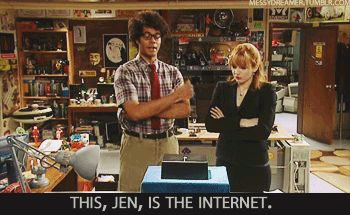
Internetworks, The Internet, And The World Wide Web
To understand the question, “What is the darknet?” let us first begin with answering the precursor question: what is the Internet?
An internet (short for ‘internetwork’) is any system for connecting numerous devices. The internet you use is only the most famous internetwork. It is a global system that uses the Internet protocol suite (TCP/IP). During the 1960s, the United States federal government commissioned research into developing a fault-tolerant communications system using computers. Out of this research came the ARPANET, a precursor to the Internet, that served academics and the military. The modern Internet as we know it today didn’t come into existence until the 1990s.
We use the web to access the Internet. That’s what the ‘www’ at the beginning of a webpage listing means. ‘WWW’ stands for the ‘World Wide Web’ or ‘the Web’. The web is simply a way of sharing and accessing the Internet. The websites you use are identified by Uniform Resource Locators, or URLs.
The webpages you visit every day – like this one – are text documents formatted using HTML (hypertext markup language) and embedded with multimedia content, like videos, images and audio. Webpages are organized together to form websites, like https://mindsight.wpengine.com. The blog you’re reading now is one part of Mindsight’s larger website, which uses a similar theme, centers around a central topic, and has a shared domain name.
Indexed Content And Web Crawlers
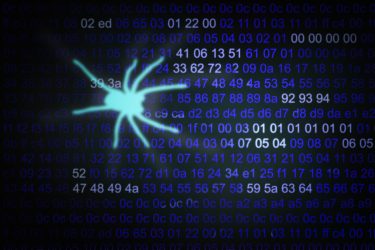 The Internet is indexed. You open a search engine, like Google or Firefox, and type in a query. For example, to find this article you might have typed, “what is the darknet?” Search engines then use keywords and metadata – data used to describe other data (like card catalogue systems in libraries of the late 20th century) – to catalog content on the Internet.
The Internet is indexed. You open a search engine, like Google or Firefox, and type in a query. For example, to find this article you might have typed, “what is the darknet?” Search engines then use keywords and metadata – data used to describe other data (like card catalogue systems in libraries of the late 20th century) – to catalog content on the Internet.
How do search engines find all that information? There might be millions of webpages that are relevant to a specific search query. Search engines, like Google, use web crawlers to comb through the ever-increasing web content. Web crawlers are a software developed specifically for discovering web content, especially as it changes and adds new, more relevant material every day.
The Surface Web
This is the complete collection of indexed web content that is accessible to search engines. And it only comprises approximately 4% of what exists online. The visible websites we use every day make up the surface web.
The Deep Web
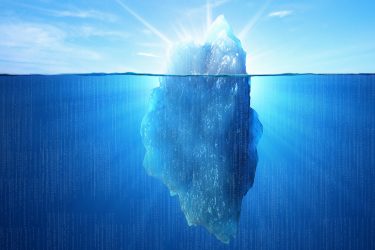 The deep web isn’t as mysterious as it sounds; in fact, it’s quite probable you’ve used the deep web at some point. The web content on the deep web isn’t indexed or directly searched by the most common search engines. This includes any web content that requires registration or login credentials, unlinked websites, intentionally hidden websites, or databases. It isn’t surprising that this comprises most of the content available on the Internet.
The deep web isn’t as mysterious as it sounds; in fact, it’s quite probable you’ve used the deep web at some point. The web content on the deep web isn’t indexed or directly searched by the most common search engines. This includes any web content that requires registration or login credentials, unlinked websites, intentionally hidden websites, or databases. It isn’t surprising that this comprises most of the content available on the Internet.
For example, your local library likely has an online database that requires residents to enter an ID to login and search. Within that database, you can search for books, eBooks, and equipment. The database is intentionally locked down for credentialed users. It is part of the deep web.
What Is The Darknet And The Dark Web?
 What is the darknet? The darknet is a shadow network that hovers on top of the Internet we use every day. It is purposefully hidden, enabling users’ anonymity. In order to use the darknet, you need to have special browsers and tools that are specifically designed for interfacing with the different protocols.
What is the darknet? The darknet is a shadow network that hovers on top of the Internet we use every day. It is purposefully hidden, enabling users’ anonymity. In order to use the darknet, you need to have special browsers and tools that are specifically designed for interfacing with the different protocols.
Most darknets – like Tor (The Onion Router), I2P (Invisible Internet Project), Freenet, and DN42 – use encrypted routing protocols that bury user’s connections in a series of tunnels. Although each of these different darknets has a unique purpose and/or protocol system, the gist is that a user can act anonymously and with increased privacy as they access dark websites that might subject them to civil or criminal lawsuits. But is everyone who uses the darknet a criminal?
Want to find out more about how the darknet works? Check out this article on how it works.
Nefarious Purposes Or Legitimate Anonymity?
Drugs, counterfeit materials, stolen credentials, weapons, hacking, gambling, terrorists, hitmen-for-hire, or explicit materials are all found – in great quantity – on the darknet. Drugs and weapons can be sold and purchased in darknet markets. The Silk Road is the most famous darknet market. In 2011, the Silk Road launched as the first modern dark market for selling illegal drugs. In 2013, Ross Ulbricht was arrested by the FBI and later sentenced to life in prison for founding the marketplace.
But not everything that happens on the darknet is criminal activity. Just as law enforcement might go undercover into areas with high violence, they also utilize the darknet to apprehend criminals or protect government data. Privacy advocates, researchers, private companies, politicians, journalists, and the military all use the darknet to protect sources, investigate crimes, and provide privacy to data and people.
Jamie Bartlett, a journalist and tech blogger for The Telegraph, authored the book The Dark Net: Inside the Digital Underworld. In it, he explores the deep web, darknets, and the dark web in depth (pun intended). And of the dark net, he wrote:
“The dark net is a world of power and freedom: of expression, of creativity, of information, of ideas. Power and freedom endow our creative and our destructive faculties. The dark net magnifies both, making it easier to explore every desire, to act on every dark impulse, to indulge every neurosis.”
For more information on the dark net, check out Darkowl, a great website available on the surface web, that explores the darknet and the dark web.
Contact us today to discuss how to protect your company’s data from dark web hackers.
Like what you read?
About Mindsight
Mindsight, a Chicago IT services provider, is an extension of your team. Our culture is built on transparency and trust, and our team is made up of extraordinary people – the kinds of people you would hire. We have one of the largest expert-level engineering teams delivering the full spectrum of IT services and solutions, from cloud to infrastructure, collaboration to contact center. Our highly-certified engineers and process-oriented excellence have certainly been key to our success. But what really sets us apart is our straightforward and honest approach to every conversation, whether it is for an emerging business or global enterprise. Our customers rely on our thought leadership, responsiveness, and dedication to solving their toughest technology challenges.
Contact us at GoMindsight.com.
About The Author
Siobhan Climer, Science and Technology Writer for Mindsight, writes about technology trends in education, healthcare, and business. She previously taught STEM programs in elementary classrooms and museums, and writes extensively about cybersecurity, disaster recovery, cloud services, backups, data storage, network infrastructure, and the contact center. When she’s not writing tech, she’s writing fantasy, gardening, and exploring the world with her twin two-year old daughters. Find her on twitter @techtalksio.
